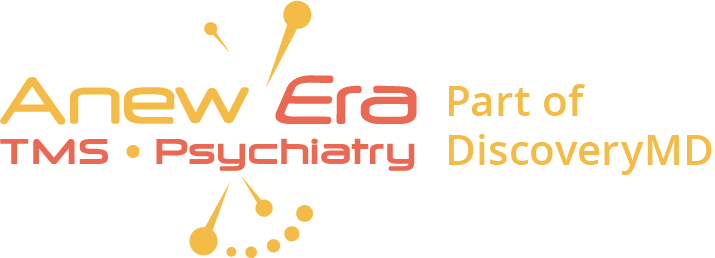Is TMS Therapy Right for You? Exploring the Candidacy Criteria
Transcranial magnetic stimulation (TMS) is a non-invasive brain stimulation therapy that has gained recognition for its effectiveness in treating major depressive disorder (MDD). This innovative treatment modality utilizes a magnetic pulser to create a focused magnetic field, stimulating the prefrontal cortex of the brain, a key region involved in mood regulation. While TMS has shown remarkable promise, it’s important to note that not everyone is a suitable candidate for this therapy. This blog post delves into the candidacy criteria for TMS therapy, highlighting key considerations for potential patients.
TMS Candidacy Criteria
Before undergoing TMS therapy, individuals must meet specific eligibility criteria. These criteria help healthcare professionals determine whether TMS is an appropriate treatment option for their patients. Here are the general criteria for TMS candidacy:
- Age: TMS is typically administered to adults aged 18 and older. In exceptional cases, it may be considered for younger adults.
- Diagnosis: TMS is FDA-approved primarily for the treatment of major depressive disorder (MDD). However, it can also be considered for other conditions like obsessive-compulsive disorder (OCD) and depression-related anxiety symptoms.
- Treatment History: TMS is usually reserved for individuals who have not responded positively to other conventional treatments for depression, such as medication and psychotherapy.
- Medical History: While TMS is generally safe for individuals with various medical conditions, certain medical history factors may make TMS therapy inadvisable. These include:
- A history of seizures
- Metal implants in the head or neck
- Brain tumor
- Active psychosis
Number of TMS Sessions
The number of TMS sessions required to effectively treat depression can vary from person to person. On average, most patients undergo 20-30 sessions distributed over a span of 4-6 weeks. However, individual needs may vary, and some patients may require more, or fewer sessions based on their response to treatment.
TMS Session Important Information
TMS sessions are typically conducted on an outpatient basis, making it a convenient option for many patients. Each session typically lasts around 30 minutes. During the session, the patient sits comfortably in a chair while the magnetic pulser is gently applied to their head. While some patients may experience a mild tingling or tapping sensation during the session, these sensations are usually transient and not discomforting.
TMS Side Effects
One of the appealing aspects of TMS therapy is its favorable safety profile. Most patients do not experience any serious side effects. The most commonly reported side effects include mild headache, scalp discomfort and occasional neck pain. These side effects are generally manageable and tend to resolve on their own.
TMS Therapy vs. Other Treatment Options
TMS therapy represents a safe and effective treatment option for depression, particularly for individuals who have not responded favorably to other treatment modalities like medication and psychotherapy. Additionally, TMS is an attractive choice for patients seeking a non-medication approach to managing their depression.
If you are considering TMS therapy as a potential treatment for your depression, it is essential to engage in a thorough discussion with your healthcare provider. They can assess your eligibility based on the candidacy criteria, discuss the expected number of sessions, and help you weigh the potential benefits against any associated risks or side effects. Ultimately, TMS therapy offers hope and relief for many individuals struggling with depression, but it is crucial to determine if it is the right choice for your specific circumstances in consultation with a medical professional. Reach out to Anew Era TMS today to see if TMS therapy is right for you.





